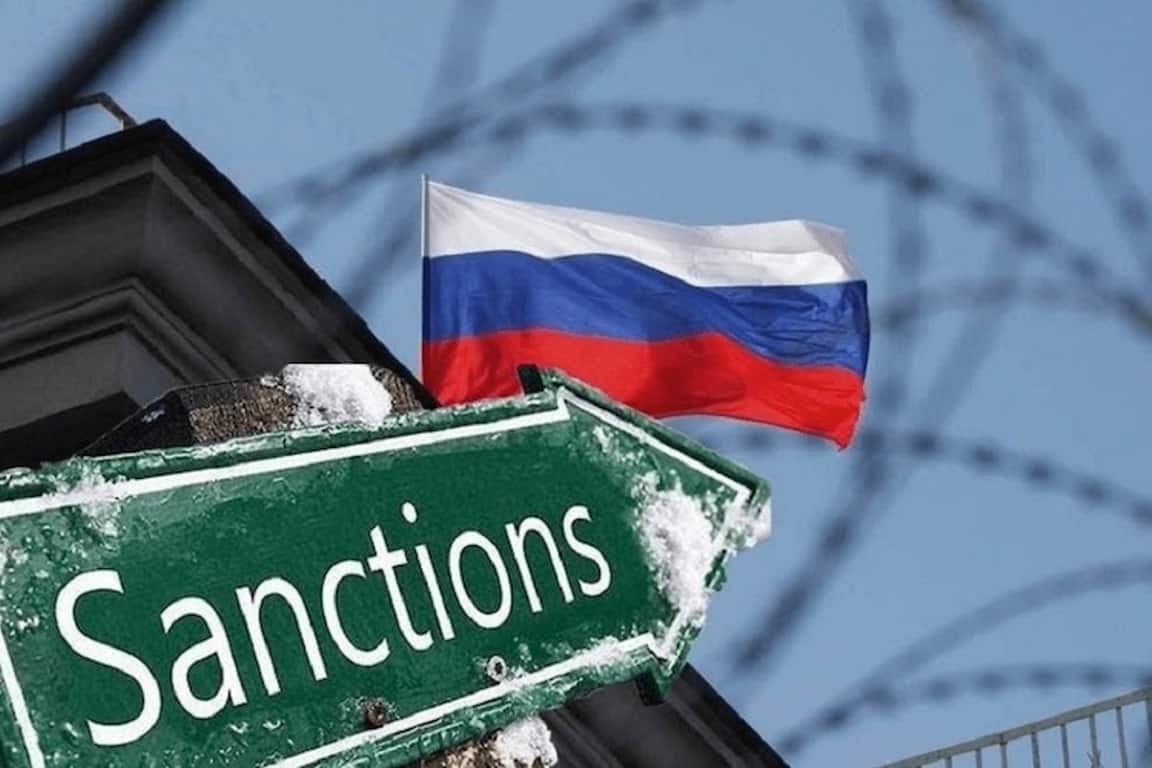Story Highlights
- Andrey Zverev leverages Tether to facilitate arms procurement, bypassing Western sanctions.
- U.S. Treasury Department blacklists Moscow company for Tether-based transactions, citing concerns over evasion of sanctions.
- Global implications arise as Ethereum co-creator proposes solutions to enhance transparency in cryptocurrency transactions.
Russian intermediaries have resorted to leveraging cryptocurrency as a means to procure arms parts, effectively circumventing the stringent sanctions imposed by Western nations. At the forefront of this illicit operation stands Andrey Zverev, a self-proclaimed Russian smuggler whose involvement has shed light on the intricate web of transactions facilitated through digital currencies like Tether.
Zverev’s modus operandi involves the strategic use of Tether, a popular cryptocurrency, to orchestrate transactions for the acquisition of high-tech equipment and weapons components. Through Tether, he seamlessly transfers funds, allowing Russian entities to bypass the financial barriers erected by Western sanctions. One such instance exemplifies Zverev’s proficiency, wherein he orchestrated a multimillion-dollar transfer from Kalashnikov Concern, Russia’s premier small-arms manufacturer, to an electronics distributor based in Hong Kong.
Despite the stringent sanctions imposed by Western powers, Zverev has devised a method to convert rubles into cryptocurrency, effectively providing Russian companies with the means to conduct business with foreign suppliers in regions such as China and the Middle East. This clandestine network has enabled Russian entities to sustain their trade operations unabated, despite the economic restrictions imposed by international sanctions.
Response from U.S. Treasury Department
The United States Treasury Department has been swift to respond to the alarming trend of utilizing cryptocurrencies, particularly Tether, for circumventing sanctions. Expressing grave concern over these developments, the Treasury Department has taken decisive action by blacklisting a Moscow-based company known to utilize Tether-based payments for its transactions.
Brian Nelson, the undersecretary for terrorism and financial intelligence at the Treasury, has issued a stern statement regarding Russia’s strategic use of alternative payment mechanisms to evade sanctions. This proactive stance underscores the gravity of the situation, highlighting the ongoing efforts to curb illicit financial activities that threaten international security and stability.
Recommended Articles
Also Read: Telegram Embraces Toncoin for Ad Purchases, TON Price Rallies
Implications, Global Context, and Proposed Solutions
The ramifications of utilizing cryptocurrencies to evade sanctions and fund illicit activities extend far beyond the borders of Russia. Drawing parallels with similar practices employed by North Korea to finance its weapons programs, the international community is increasingly cognizant of the urgent need for stricter regulations governing cryptocurrency transactions.
In response to these challenges, Russia has embarked on a quest to solidify its position in the global cryptocurrency market, signaling its intent to establish a new global currency and specialized institutions for mining. However, the proliferation of cryptocurrencies for illicit purposes has prompted calls for innovative solutions to enhance transparency and accountability within the crypto market.
Also Read: Tether Advances In Bitcoin Accumulation Race With $627M BTC Added

